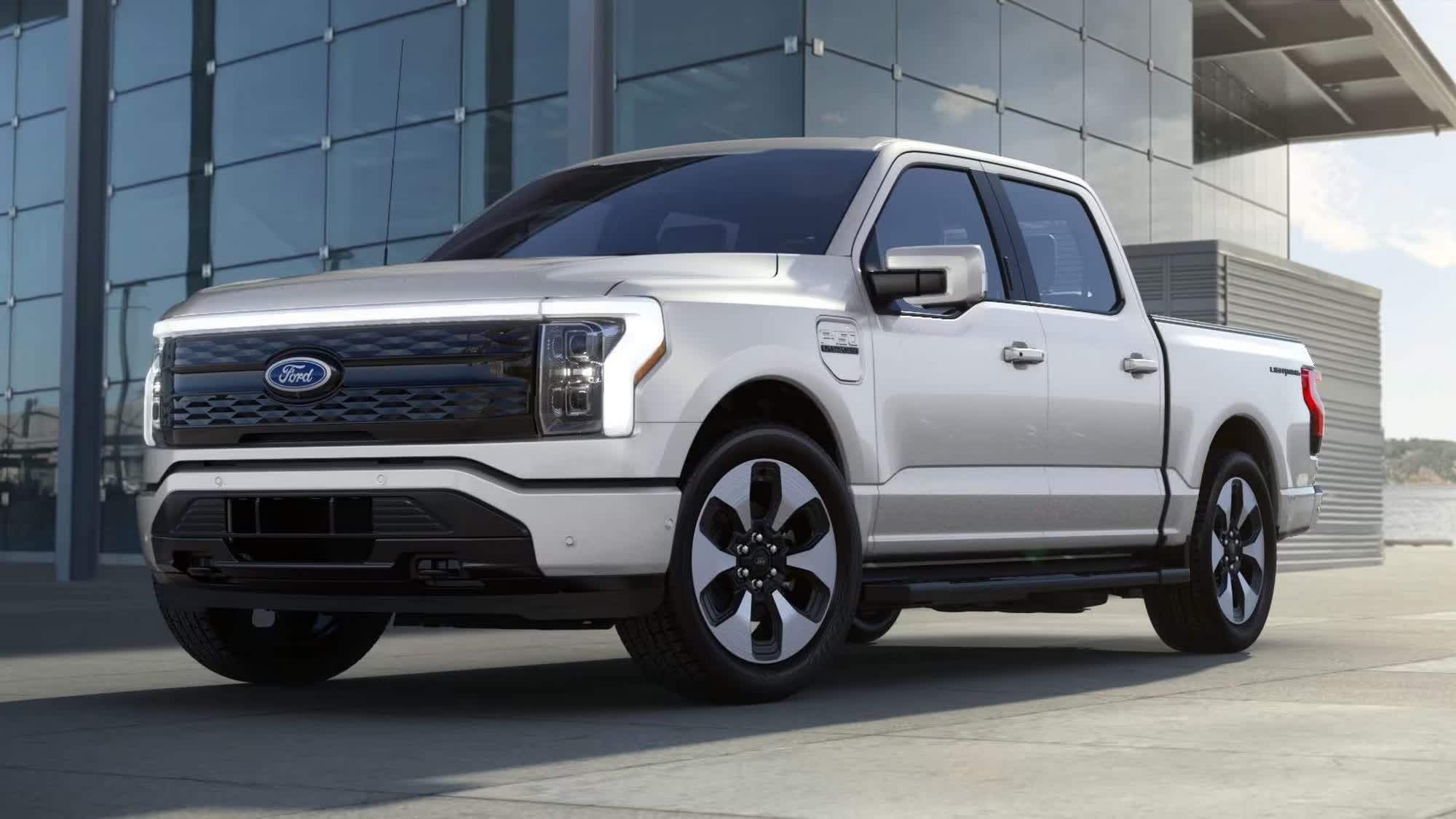What just happened? With new regulations coming into effect on January 1, 2024, the list of vehicles that are eligible for the full $7,500 federal EV tax credit has shrunk dramatically. While a host of electric cars from several manufacturers qualified for the full tax credit until now, the new list includes just a handful of models, including the Chevy Bolt EV, Bolt EUV, Ford F-150 Lightning, Tesla Model 3, Model X, Model Y, and the Chrysler Pacifica PHEV.
It is worth noting that even with the curtailed list, only some versions of the aforementioned models are eligible for the full credit, while other models may qualify for a $3,750 rebate in some cases. Some of the other cars that also qualify for the half credit include the Ford Escape Plug-in Hybrid, Jeep Grand Cherokee 4xe PHEV, Jeep Wrangler 4xe PHEV, select Rivian R1S and R1T models, and more.
Multiple EVs from Nissan, Volkswagen, Tesla, and other manufacturers no longer qualify for the full tax credit due to a new battery sourcing rule that aims to restrict EV manufacturers from procuring battery materials from China, Russia, and other countries deemed a ‘Foreign Entity of Concern’ by the US government.

Thanks to the new rule, some of the popular EVs that no longer qualify for the full credit include the Nissan Leaf, Volkswagen ID.4, Tesla Model 3 Rear Wheel Drive, BMW X5 xDrive50e, Audi Q5 PHEV 55, Cadillac Lyriq and Ford E-Transit.
The rules for leased vehicles, however, will be different. According to The Verge, most of the vehicles that were already eligible for the $7,500 credit will still get the full amount if they are leased, irrespective of sourcing requirements. This is because leased vehicles are considered to be commercially owned, where the car company claims the credit on behalf of the lessee and charges a lower price in return.
Unfortunately, things are likely to get even worse next year, as EV buyers may have to deal with even more restrictive credit policies. That’s because additional requirements will come into effect for minerals used in batteries, like lithium, cobalt, graphite, and nickel, further reducing the number of vehicles eligible for the full federal tax credit.

